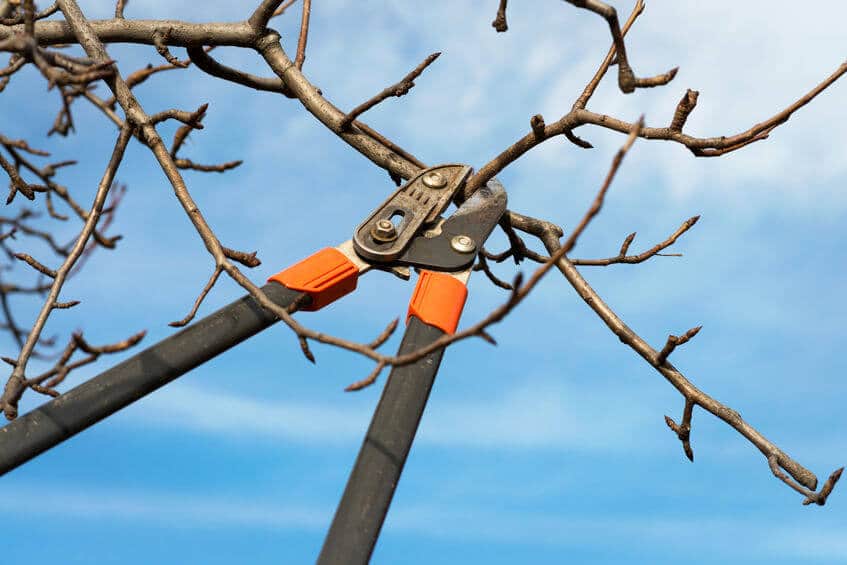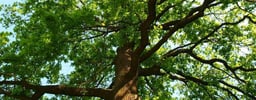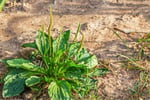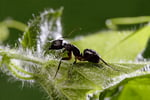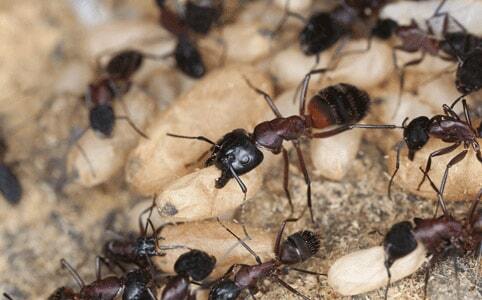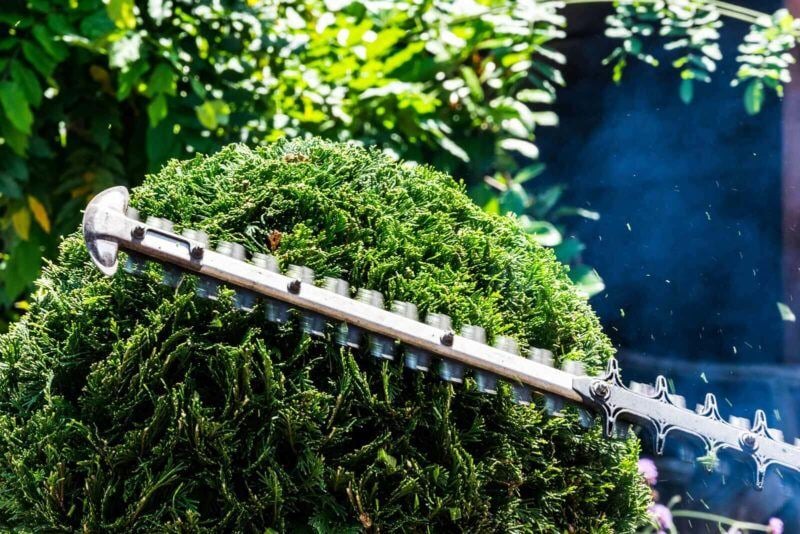Many wonder how to identify white clover. It’s actually pretty simple! Once you know what to look for, you’ll be spotting white clover weeds everywhere, though, hopefully not in your yard.
Stems and Leaves
White Clover stems, like all trifolium, grow leaves in threes (four, if you’re lucky!). The small leaves often showcase light green, half halos toward the inner corners that form a gentle inner-ring around the stem. They’re gently serrated and tear-drop shaped, but you may also notice a slight dip along the outer edge that makes them loosely resemble a heart.
White Flowers
Little, white flowers grow from stalks low to the ground and pop up frequently among the foliage. Rounded oblongs in shape, their small petals point to the sky and turn a chartreuse toward the center where they meet.
If you’re still unsure, look for stolons growing from plant to plant. As mentioned earlier, stolons are horizontal stems that clover plants grow to search for new places to root. Stolons grow small nodes that anchor to the soil and put down roots, producing a new clover plant. The cycle of stolon, root, and growth continues and, after a short time, one plant can become hundreds.


